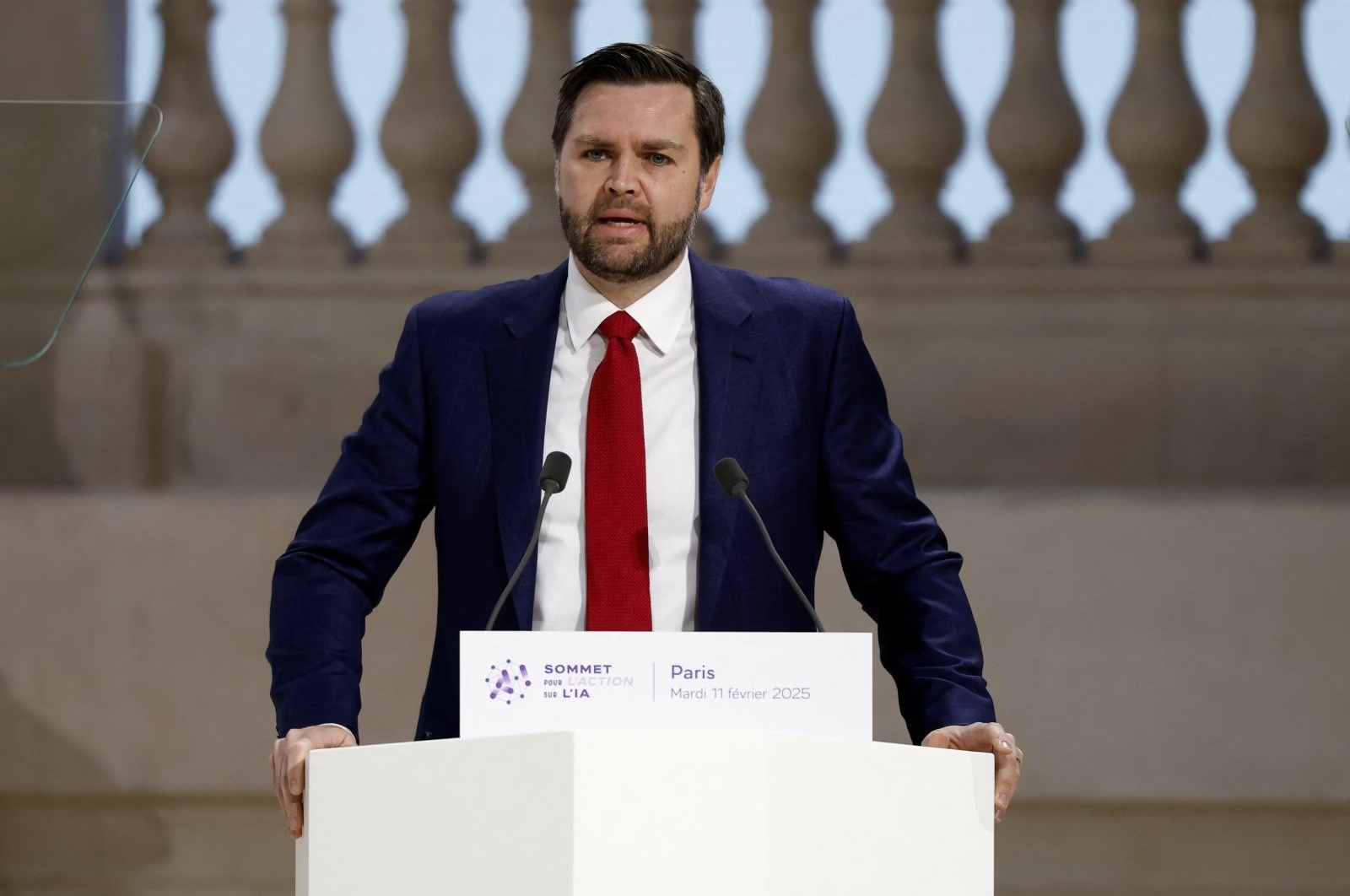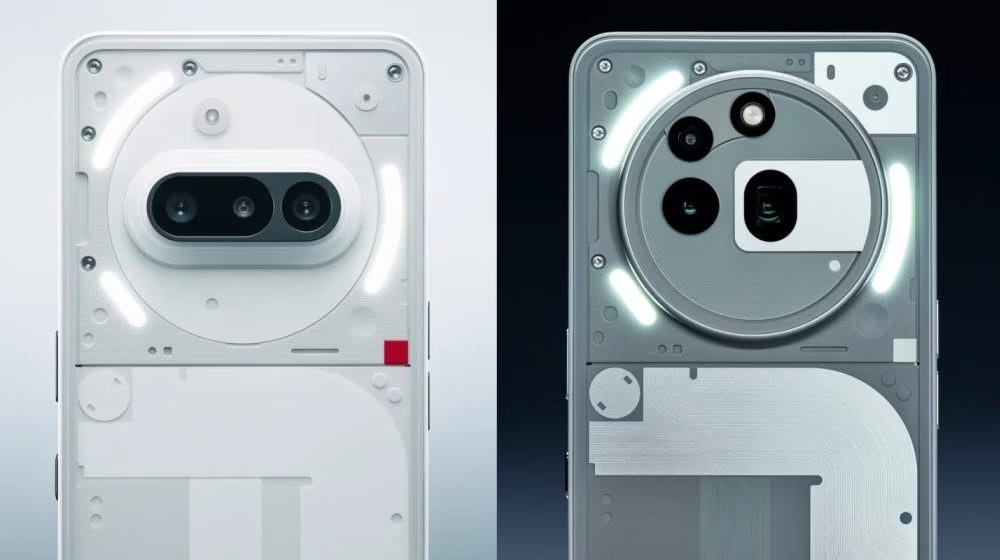US Vice President JD Vance expressed strong opposition to the European Union’s stringent artificial intelligence regulations on Tuesday, warning that such measures could stifle the technology’s growth. Speaking at an AI summit in Paris, Vance rejected the EU’s Digital Services Act and the GDPR privacy rules, arguing that excessive regulation would “kill a transformative industry.” He emphasized that AI should remain free from ideological bias and be protected from becoming a tool for “authoritarian censorship.”
Vance also highlighted the US’s intent to remain the global leader in AI innovation, contrasting the American approach with the EU’s more stringent regulatory stance. He stated, “We believe that excessive regulation of the AI sector could kill a transformative industry,” asserting that the United States would not allow its AI advancements to be hindered by overbearing rules.
At the same time, Vance warned of the dangers of partnering with authoritarian regimes like China, particularly in light of recent developments involving Chinese AI startup DeepSeek, which has raised concerns about competition in the AI sector. He cautioned that such partnerships could compromise national security by exposing critical information infrastructure to potential infiltration.
French President Emmanuel Macron responded to Vance’s criticisms by emphasizing the importance of trust in AI, stating that while he supported reducing regulatory burdens, some regulation was necessary to ensure the public’s confidence in the technology.
The summit, which also saw discussions about the future of AI and the role of the US in shaping global standards, highlighted the ongoing tension between the American focus on innovation and Europe’s emphasis on regulation and privacy.
Meanwhile, OpenAI CEO Sam Altman’s appearance at the summit was highly anticipated, following news of a $97.4 billion bid to buy the nonprofit controlling OpenAI. Altman quickly rejected the offer, humorously suggesting that if the buyers were interested, they could instead purchase Twitter for a fraction of the price.



